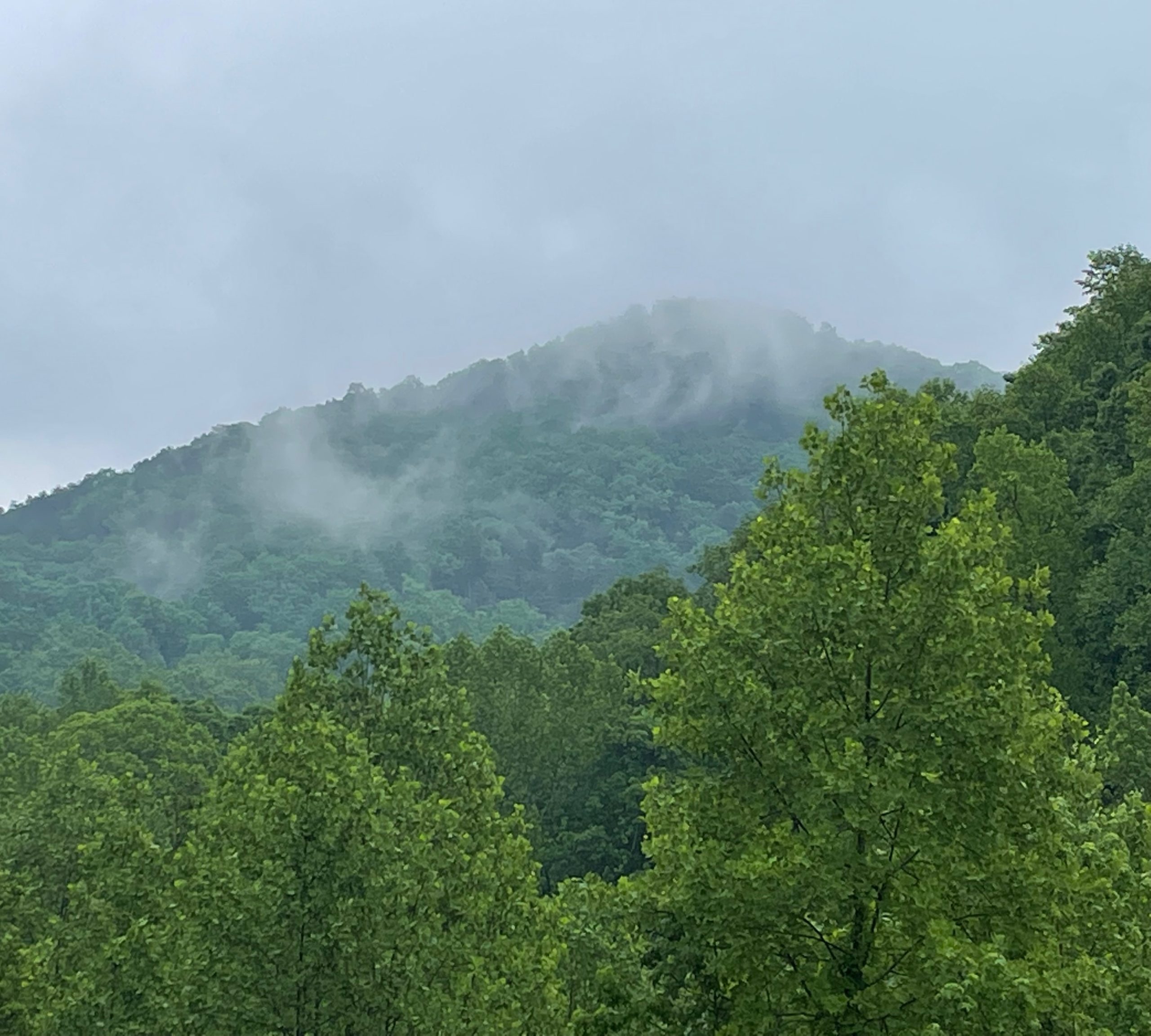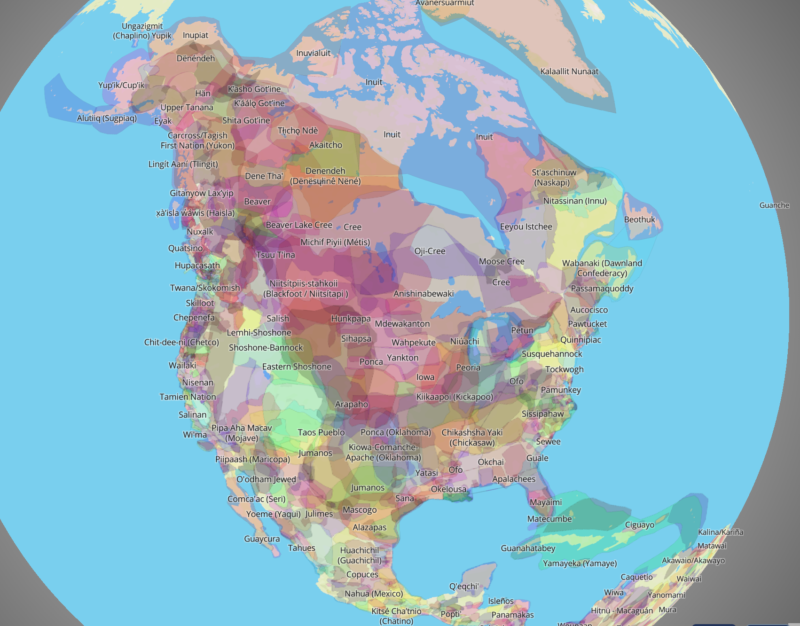Land acknowledgment
“The Holy Land is everywhere.” — Black Elk (Oglala Lakota)
Who lived here before us?
A land acknowledgment is a way to honor the Indigenous peoples who originally inhabited the place where we live. It is a statement of understanding that although we might “own” our property in a legal sense, in a spiritual sense we are only the current stewards of it. Many people came before us, and in most cases, the land was taken by force from its original inhabitants.
When we speak the truth of a land, we acknowledge that we’re standing in and on a place that once was home to people who loved this piece of earth, these trees, these waters, this sky. We acknowledge the tragedy of how they lost what they loved. We feel the sorrow in our hearts, and — hopefully — we resolve to care for this place as lovingly as they did.
It is good to utter a land acknowledgment whenever we gather in a natural place, maybe when we’re about to start a hike, or set up camp, or wander into the forest. It’s also good to research the Indigenous history of any place where we live, or travel, or visit. This keeps us mindful — and respectful — of the true history of our Earth, and its inhabitants …. past as well as present.

I acknowledge that Green Bird Nature Therapy is located in the Jocassee Gorges area of the Southern Blue Ridge Escarpment, in unceded territory once called The Blue Wall by native peoples who lived here — the Tsalaguwetiyi (Cherokee). In the late 18th century, British settlers drove the Eastatoee band of the Cherokee from their ancestral lands. This valley also was home to the Carolina parakeet, North America’s last native parrot, now extinct. In Tsalagi, the Cherokee language, “Eastatoee” means “valley of the green bird.”
I honor the spirits of those human and other-than-human beings who once lived on these lands.
You can read more about land acknowledgments and use a map like the one pictured here to find out which native peoples once inhabited your area of the world. Click on the map to visit the website of Native Land Digital, an Indigenous-led nonprofit in Canada which is dedicated to providing a free resource for people wanting to learn more about the Indigenous history of the lands on which they live, visit, work, and recreate.

